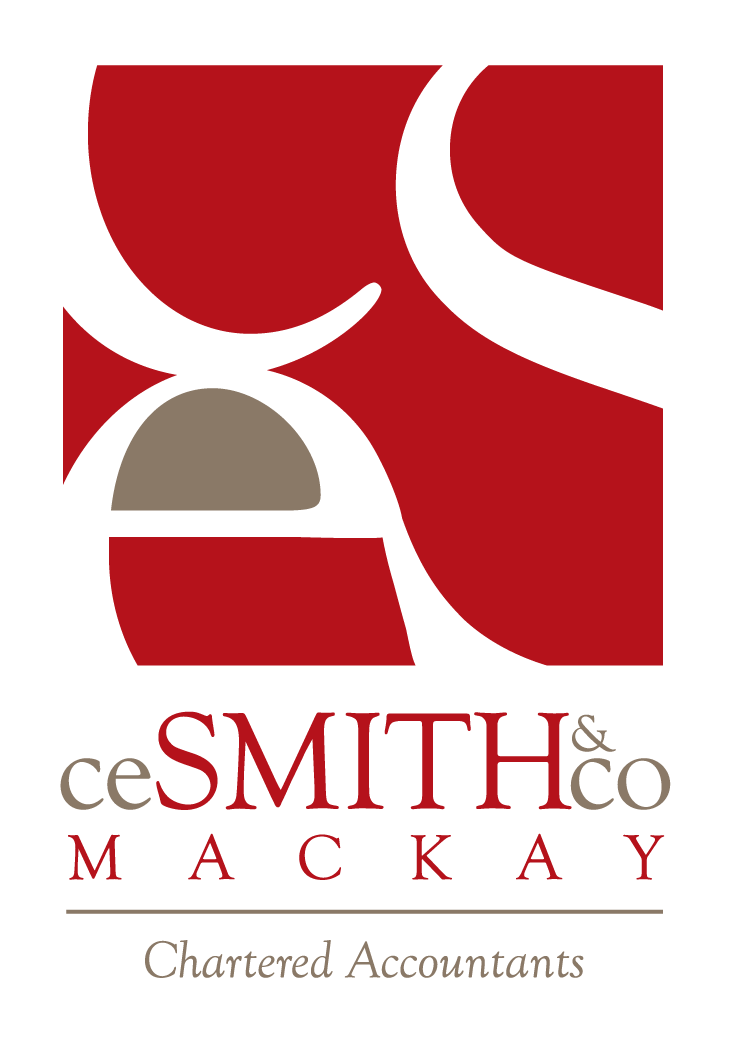COVID-19 and residential rental property claims
Many residential rental property owners have had their rental income affected by COVID-19. As a result of this income year not being business as usual, the ATO has provided answers to some typical scenarios that may crop up in this area for tax time.
Question - If tenants are not paying their full rent of have temporarily stopped paying rent as their income has been affected due to COVID-19, can a property owner still claim deductions on their rental property expenses?
Answer - Yes. If tenants are not meeting their payment obligations under the lease agreement due to COVID- 19 and you continue to incur normal expenses on your property, then you will still be able to claim these expenses in your tax return.
Question - A property owner is considering reducing the rent for tenants whose income has been adversely affected by COVID-19 to enable these tenants to stay in the property (they are not in default of their rent). Will the owner’s deduction for rental property expenses be reduced because of this?
Answer - No. If they decide to reduce the rent to enable tenants to remain in the property (thereby maximising rental return in a changed rental market), their deduction for rental property expenses will not be reduced.
Question - If an owner receives a back payment of rent or an amount of insurance for lost rent, is this assessable income to the property owner?
Answer - Yes. These amounts should be declared as income in the tax year in which you receive the amounts.
Question - If the bank defers loan repayments for a period due to COVID-19, can a property owner continue to claim interest on the loan as a deduction?
Answer - Yes. If interest continues to accumulate on your loan, it will be an expense that you have incurred and is therefore deductible. Interest remains deductible on the loan even if the bank defers the repayments.
Question - Is a rental property owner able to access the new increased instant asset write off for their property?
Answer - No. If you are a property investor, you cannot access the instant asset write-off deduction.
Question - COVID-19 is adversely affecting demand, including cancellation of existing bookings, for a property that is usually rented out for short-term accommodation, but has also previously had some private use by the owner. Will they be able to continue to deduct expenses associated with this property in the same proportion as they were entitled to claim before COVID-19 for the period that demand is adversely affected?
Answer - The amount you can claim will depend on how the property had been used before COVID-19 and how the owner had planned to use it during the COVID-19 period. If the reason for the adverse effect on demand for the property is because of COVID-19 (or the bushfires before that), a property owner can continue to deduct expenses associated with their property in the same proportion as they were entitled to deduct before COVID-19.
If they had started to use the property in a different way than before COVID-19, the proportion of expenses able to be claimed as a deduction may change. Examples of changed use include:
■ increased private use of the property by the owner, their family or friends
■ a decision to permanently stop renting out the property once the COVID-19 restrictions end.
Question - A rental property owner is using their holiday home privately for themselves and family so they can isolate during COVID-19. Can they continue to claim deductions for the property for this period, as they are unable to rent the property commercially?
Answer - No. If the owner is using the property themselves or providing it to friends or family, this will increase the private usage of the property and reduce the deductions available to claim.
Question - A rental property investor would like to stop paying for advertising on their short-term rental property during COVID-19 as they are not getting any queries for the property. Can they still claim deductions associated with holding the property?
Answer - It depends on a wider range of factors, not just one. Whether active and bona fide efforts are made to ensure a property is available for rent is only one factor to consider when determining the appropriate method to apportion deductions for a short term rental property. The owner would need to consider how the property had been used before COVID-19 and how they plan to use it during the period now adversely affected by COVID-19.
During this time the ATO acknowledges that it may be a reasonable commercial decision to temporarily reduce the level of paid advertising for such a property, depending on the restrictions in its locality. However this factor alone doesn’t necessarily determine the allowable proportion of deductions.

